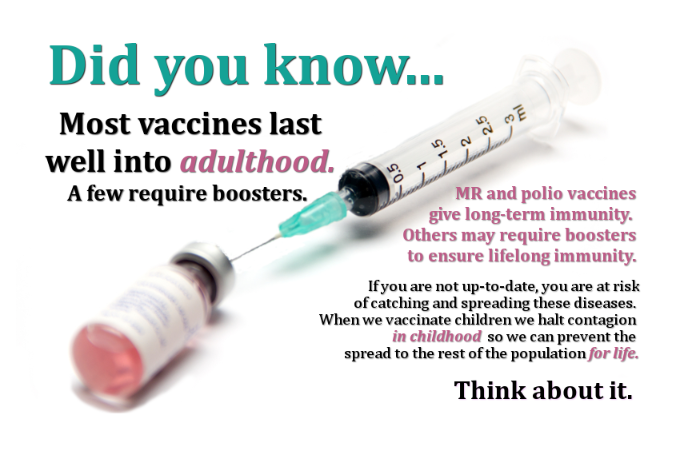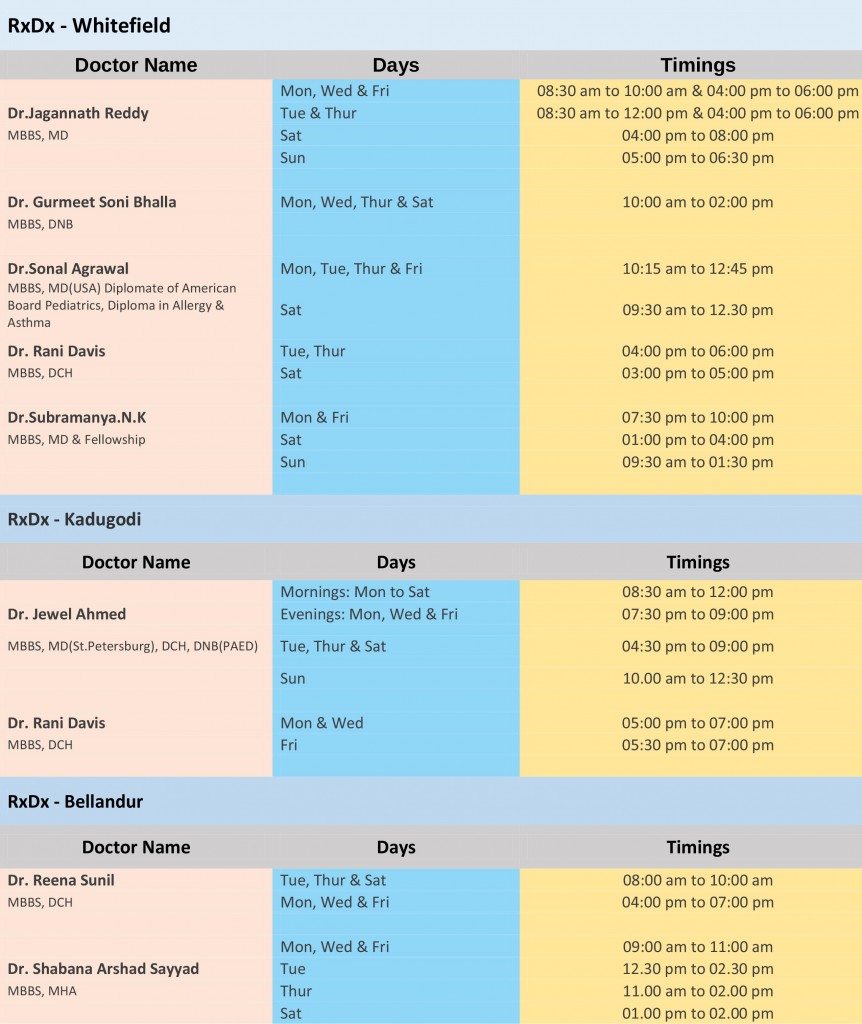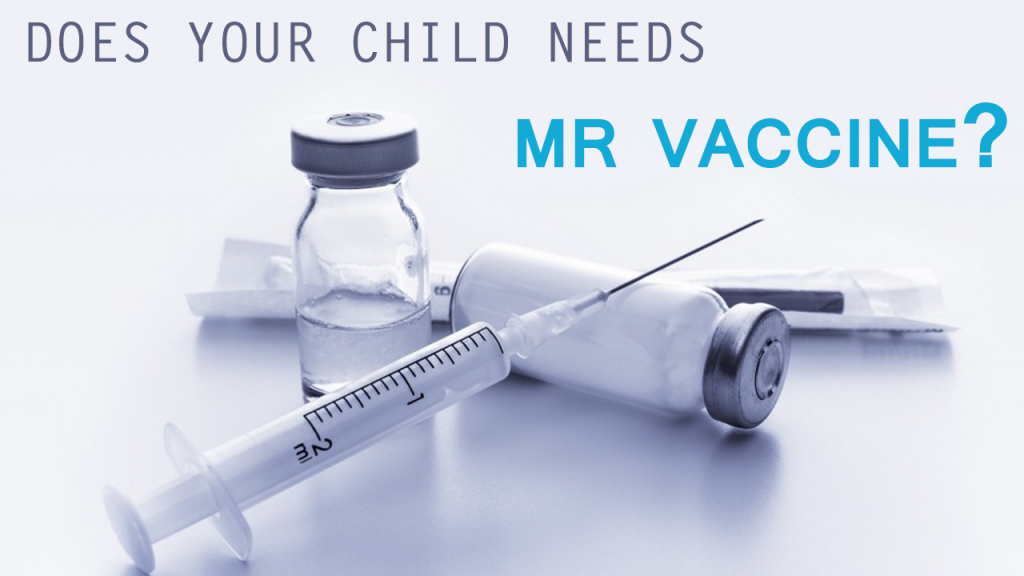India has launched one of the world’s largest vaccination campaign against measles, a major childhood killer disease, and congenital rubella syndrome (CRS), responsible for irreversible birth defects. The campaign aims to vaccinate more than 35 million children in the age group of nine months to 15 years with MR (measles and rubella) vaccine. It demonstrates India’s commitment to improve health and well-being of its people by protecting children against vaccine preventable diseases.
For the MR campaign to be effective, it is important that throughout its duration, and in routine immunization thereafter, no child is left behind.
What is measles?
Measles is a highly contagious disease caused by a virus. Measles can occur in a person who has never had measles and has no immunity against it.
Who is at risk?
Any non-immune person who has not been vaccinated – or was vaccinated but did not develop immunity – can become infected and is at highest risk of measles and its complications, including death.
Current situation of measles in India
Measles is a leading cause of childhood deaths. Every year around 3 million cases of Measles are seen and about 900,000 children die because of Measles around the world. Every year in India nearly 2.7 million children get measles. Those who survive, suffer from serious complications including diarrhoea, pneumonia and malnutrition. In India everyday, 500 children die because of Measles. The most worrying part is that the vaccine coverage against Measles in India is only 66% and even below 50% in many states.
What is rubella?
Rubella is an acute, contagious viral infection transmitted through the respiratory route in children and young adults. The virus is present in the discharges from nose and throat one week before the appearance of a rash and two weeks after. When primary rubella infection occurs in a pregnant woman, the virus can infect the unborn baby.
While the illness is generally mild, the importance of preventing it is due to the potentially devastating outcomes of infection during pregnancy, for both mother and unborn child.
Infection during pregnancy can result in miscarriage, death of the baby in the womb or infants born with birth defects, known as congenital rubella syndrome (CRS). CRS commonly manifests as heart disease, cataract in eyes, mental retardation and deafness.
Current situation of rubella in India
It has been observed that around 40-45% of women in the childbearing age are susceptible to Rubella. Moreover it is surprising to know that over 40000 babies are born with birth defects every year because of Rubella infection during pregnancy in India.
Prevention of Measles and Rubella

Both measles and Rubella are preventable by administration of vaccines, but a single dose provides inferior protection as opposed to multiple doses. Also, vaccinating the entire population of children in one region gives an enhanced effect of “herd immunity” and this is the concept behind the MR vaccine campaign.
Who is eligible to receive MR vaccine?
Regardless of the previous immunization status of measles or rubella vaccine or whether the children have got measles or rubella, the children and young adults aged between nine months to 15 years are eligible for mass MR immunization. Since the dose given during the mass campaign is a supplementary dose, those children who are due for routine doses of measles at the age of nine months or 18 months are immunized four weeks prior to or after the date of the mass immunization.
Routine immunization doses are given separately according to the age of the routine immunization schedule.
When should the MR vaccine be not given?
MR vaccine should not be given to children who have a history of allergy or reactions to measles vaccines. Immunization is deferred for children with high fever and/or symptoms of other serious illness. Mothers and caregivers should consult a doctor before proceeding further.

My child has already been vaccinated for measles and rubella as per immunization schedule given by the paediatrician / health centre. Why should my child take the vaccine during MR campaign again?
All children in the age group of nine months to 15 years must take the Measles and Rubella vaccine being given in the ongoing campaign from 6th to 28th Feb 2017 in these five states/UTs (Karnataka, Tamil Nadu, Puducherry, Goa and Lakshadweep). Even those children, who have been vaccinated for measles by their paediatrician or at health centres, should take the MR vaccine during the campaign. The vaccine is safe. It has been seen that vaccinated children were also getting the disease, therefore, the additional dose during the campaign implies additional protection to the children.
How safe is the MR vaccine, specially the one being used in MR campaign?
MR Vaccine is a safe and an effective vaccine, in use for over 40 years and in many countries across the world. The vaccine being given in the MR campaign is produced in India and is WHO prequalified. The same vaccine is being given in routine immunisation programme of India and in many neighbouring countries like Bangladesh, Sri Lanka, Nepal and Myanmar.
Private practitioners in India have been giving measles-rubella (MR) or measles-mumps-rubella (MMR) vaccine to the children for many years. Indian Academy of Paediatrics (IAP) endorses the strategy of MR vaccination.
Is it true that MR vaccine is banned in western countries?
No, it is not true. The measles and rubella vaccines are in use globally and for several decades. The American Region has eliminated measles and rubella by vaccinating children with measles and rubella vaccine.
Are there any side effects of the MR vaccine? School authorities are saying they are not responsible if anything happens to the child after taking MR vaccine during vaccination campaign in schools.
The MR vaccine which is being used in the campaign is completely safe. Like with any other injectable vaccine, there could be mild pain and redness at the injection site, low-grade fever, rash and muscle aches, which subsides on its own. The vaccine is not known to cause any other adverse event. However, all immunization sessions – whether in schools or outreach – are linked to fully equipped health centres to handle any adverse event.
Pediatricians at RxDx Healthcare Bangalore

Dr. Monica Parakh is a certified pediatrician trained at KEM hospital and Wadia Children’s hospital. She has also received subspeciality training in Pediatric cardiology at Narayana Health. She has several publications and editorials in national and international peer reviewed journals. She is an avid healthcare educator and believes that patient-powered care is the future of healthcare.





